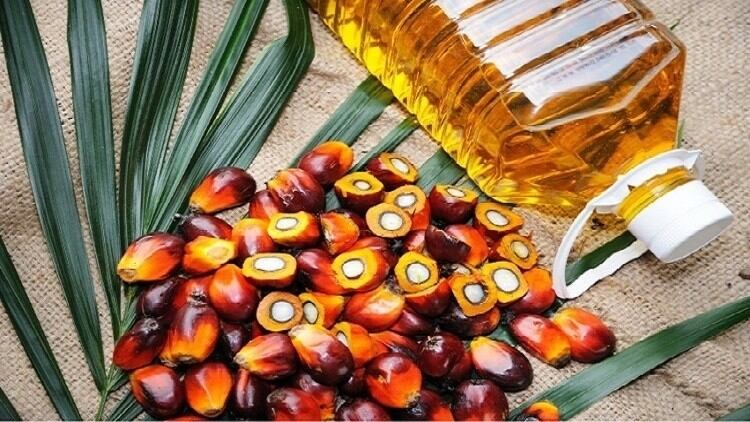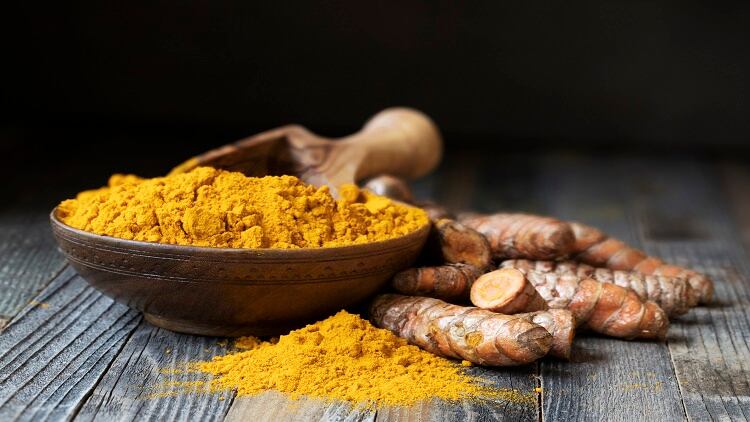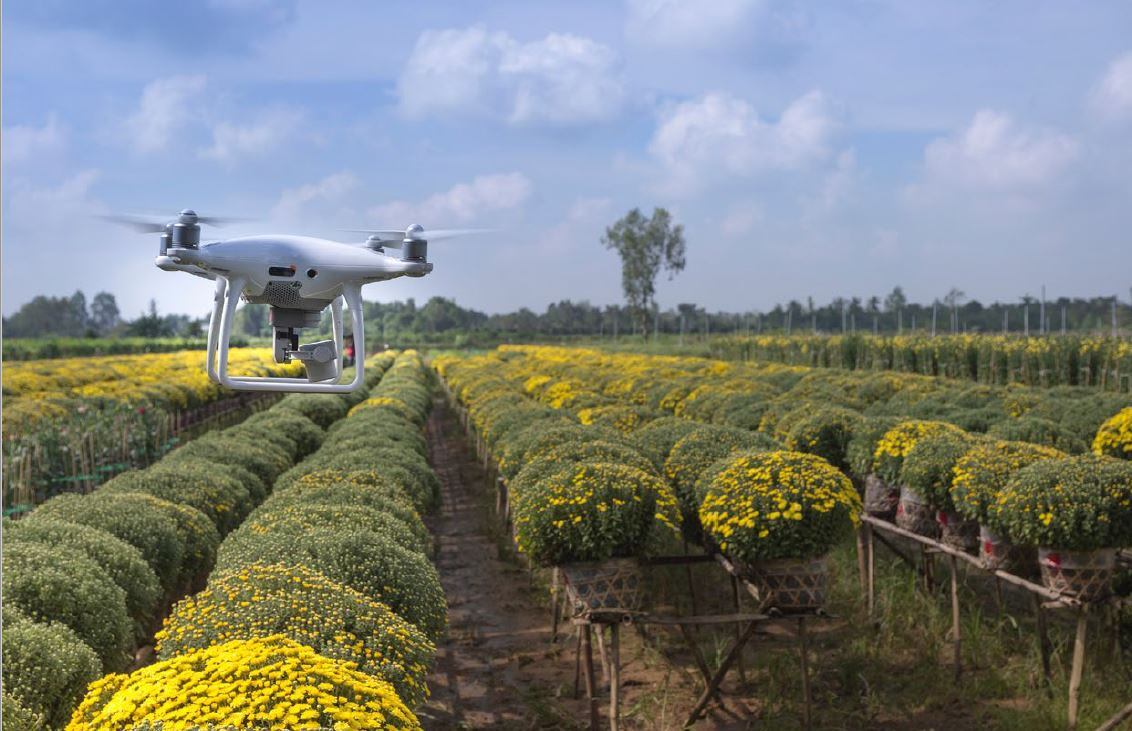Palm oil and CVD risk: No evidence of increase in disease biomarkers relative to other UFAs
Palm oil intake does not appear to induce increases in cardiovascular disease risk-related biomarkers relative to other unsaturated fatty acids such as olive, canola and soybean oils, according to a new systematic review and meta-analysis from China.
The academics sought to assess the effects of palm oil (PO) consumption on plasma lipid profiles and evaluate its effect on CVD risk by analysing 11 studies involving 547 participants.
All of the studies were performed using healthy individuals with normal cholesterol levels without hypercholesterolemia.
Understaffed and inadequate: FSSAI urges food testing be conducted in private labs for faster results
The Food Safety and Standards Authority of India (FSSAI) has urged that food samples be sent to private laboratories instead of government ones due to understaffing and inadequate facility issues.
Speaking at a meeting discussing the Food Safety and Standards Act in Tamil Nadu, FSSAI CEO Pawan Agarwal said that ‘recognised’ private labs were available in the country, and these should be utilised if government ones could not meet demand.
“The facilities in (government) labs may not be adequate. But while the labs are being upgraded, officials have been have been given permission to get the samples tested in private labs. I am not sure why this is not being done,” he said.
Space taste: Lab reveals how it created first halal menu for UAE astronaut
Unique packaging and a thermal treatment process to maximise food safety will ensure the first UAE astronaut will be able to enjoy halal food in space.
The food for astronaut Hazza Al Mansoori was created by the Space Food Laboratory JSC in Russia.
Three traditional UAE dishes were among the food developed: Balaleet (vermicelli with egg omelette), saloona (lamb), and madhrooba (chicken).
The balaleet and saloona will be in canned form, with the madruba stored in tubes.
Yes we can: Nestlé China launches smart recycling machine for infant formula tins
Nestlé China has developed a smart machine for recycling infant formula container tins, which will be stationed in mother-and-baby stores as part of its latest sustainability drive.
The first placement will be located at Leyou, 20 Kidswants’ outlets in Beijing, Shanghai, and Nanjing.
Consumers who recycle the tins can accumulate points and enjoy cashback offers.
The new initiative echoes the firm’s aim to achieve 100% recyclability or repeated use for all its product packaging by year 2025.
From fraud to consumer trends: Four risks and opportunities driving new NZ food safety strategy
The New Zealand Food Safety unit has recently opened its draft strategy for public consultation, and has identified four key emerging risks and opportunities to focus on within the New Zealand food safety system, which apply to both local and foreign food trade.
The four key emerging risks and opportunities in the New Zealand food safety system that were identified by the report were: Pressures on production, Consumer expectations and demands, New technology and innovation and Climate Change.
“Increasingly complex and global supply chains, sophisticated ‘food fraud’ and climate change are putting pressure on how [food is] produced and exported,” said stated the New Zealand Ministry for Primary Industries (MPI) consultation draft report titled ‘A Strategy for New Zealand Food Safety’





